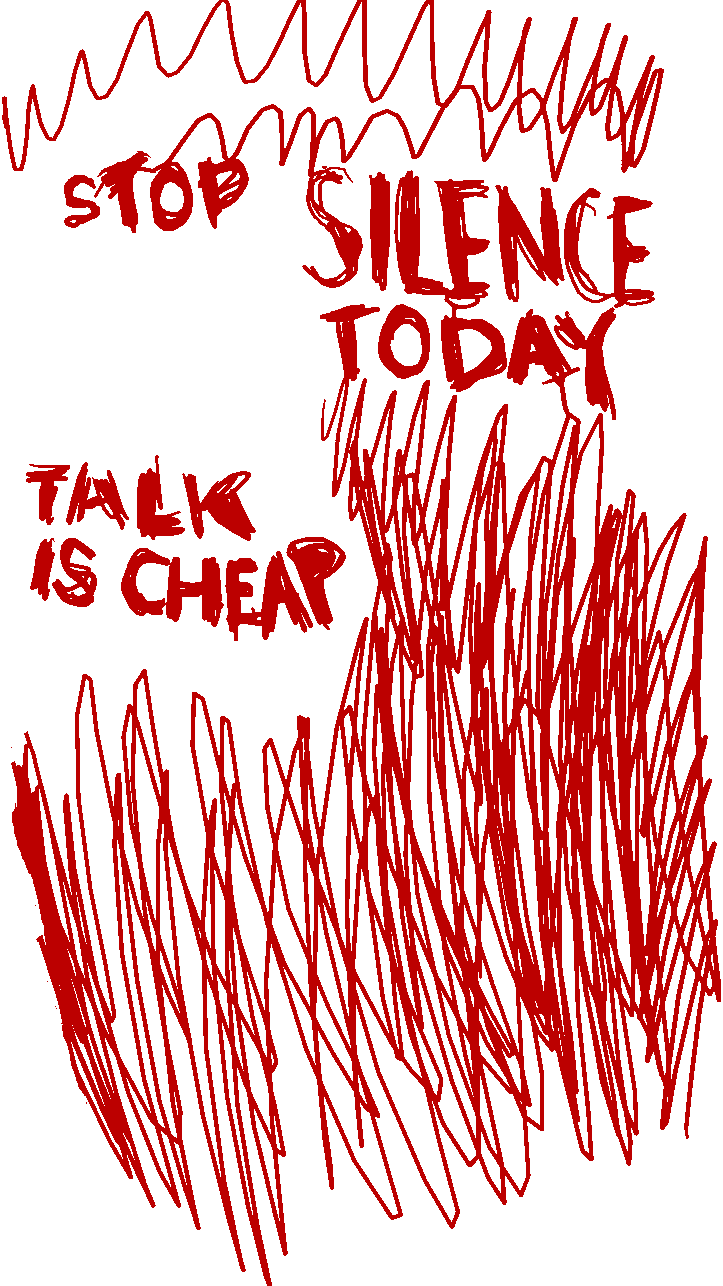The Israeli military has given the initial findings of its review into the deaths of more than 100 Palestinians gathering to meet at an aid convoy in northern Gaza on Thursday, repeating its assertions that most of those killed died in a crush rushing to get aid.
At least 118 people were killed and 760 injured in the incident, with Palestinian officials saying Israeli troops opened fire on desperate civilians, triggering panic. International pressure is growing for an independent inquiry to establish the facts.
Israel Defense Forces spokesperson Rear Adm. Daniel Hagari asserted Saturday that what he called a “stampede” began before Israeli troops fired their first warning shots, and that those shots were to disperse the crowd.
But, he said, Israeli troops did later fire at “looters” who came toward them and “posed an immediate threat.”
Hagari claimed in his statement Saturday that most of the injuries and deaths were the result of the “stampede.” He did not indicate if any deaths followed the shooting of “looters,” and Israel has not given a toll. CNN cannot independently confirm the account of events given by Hagari.
He said the IDF has opened an inquiry “to examine the incident further, which will help us reduce the risk of such a tragic incident from occurring again during one of our humanitarian operations.”
Contradictory accounts: Israeli accounts are at odds with what eyewitnesses told CNN in the aftermath of the disaster. A local journalist, Khader Al Za’anoun, said chaos and confusion at the scene only began once Israeli troops opened fire.
Many of the deaths and injuries occurred as a result of aid trucks ramming into people as drivers tried to escape the gunfire, Al Za’anoun said.
A United Nations team that visited a hospital where survivors were taken later said many of those injured suffered gunshot wounds.
What Israel has previously said: In its first comments, the IDF said the incident began when Palestinians attempted to loot the trucks. “During the incident, dozens of Gazans were injured as a result of pushing and trampling,” the IDF told CNN.
Later, an Israeli military spokesperson claimed in a briefing that there were two separate incidents involving aid trucks.
First, he said trucks entered northern Gaza and were rushed by crowds, with trucks running over people. Subsequently, he said, a group of Palestinians approached Israeli forces, who then opened fire on the Palestinians.
Then, in a briefing Thursday, Hagari said Israeli tanks had fired warning shots to disperse a crowd around the convoy, after seeing that people were being trampled. He insisted that the tanks were there “to secure the humanitarian corridor” so the aid could reach its destination.
The latest account of what happened was provided Saturday.

















